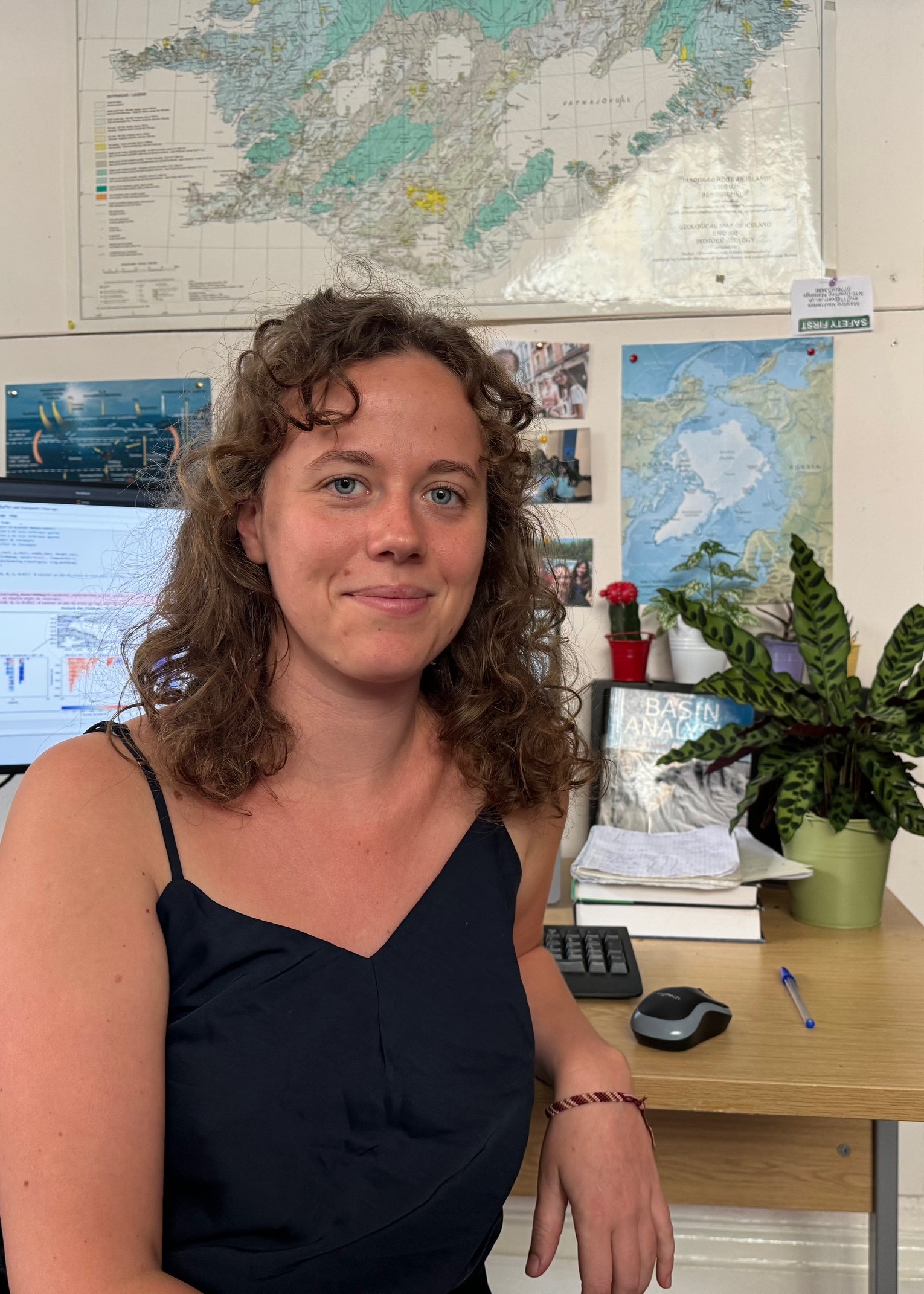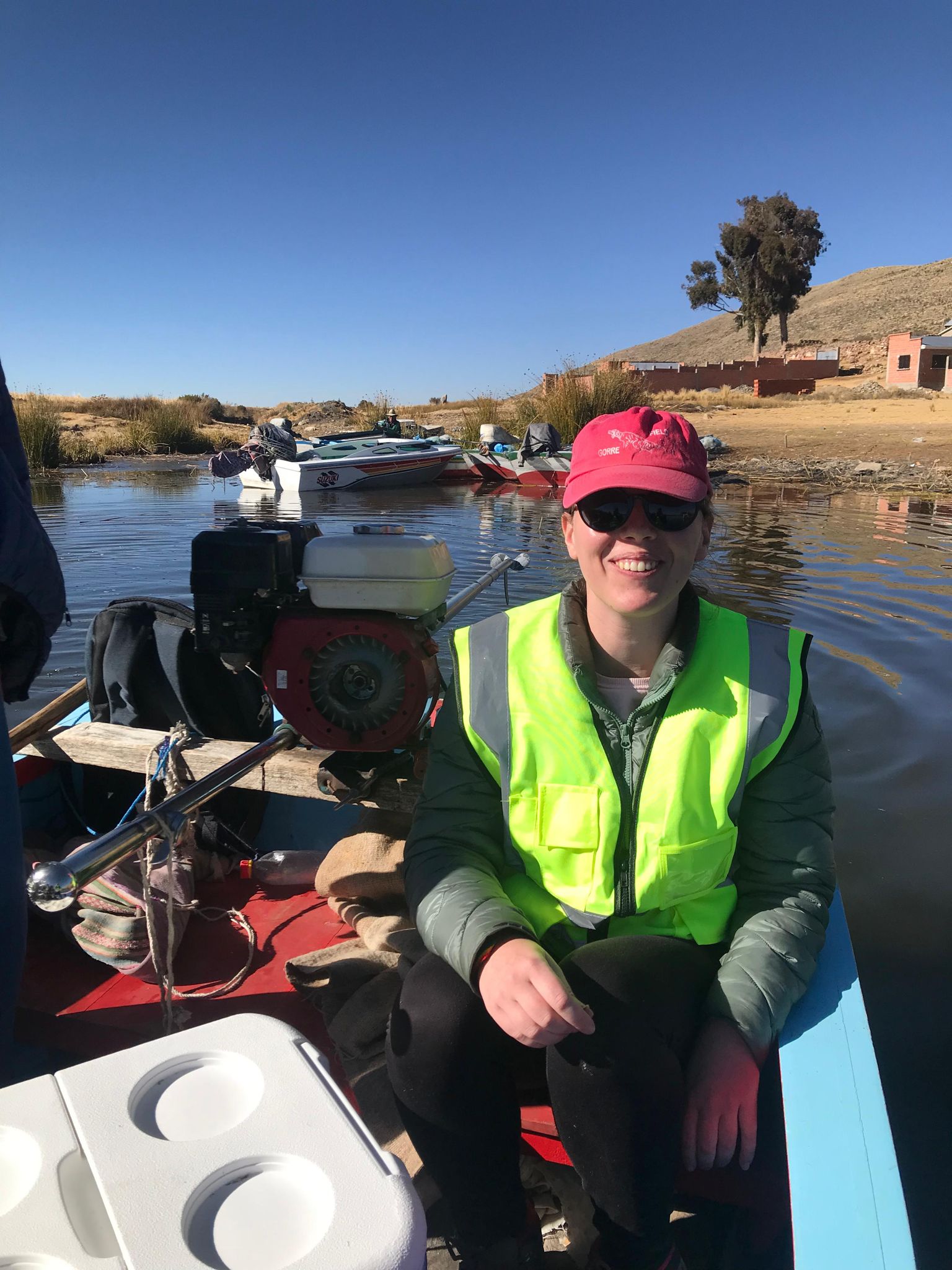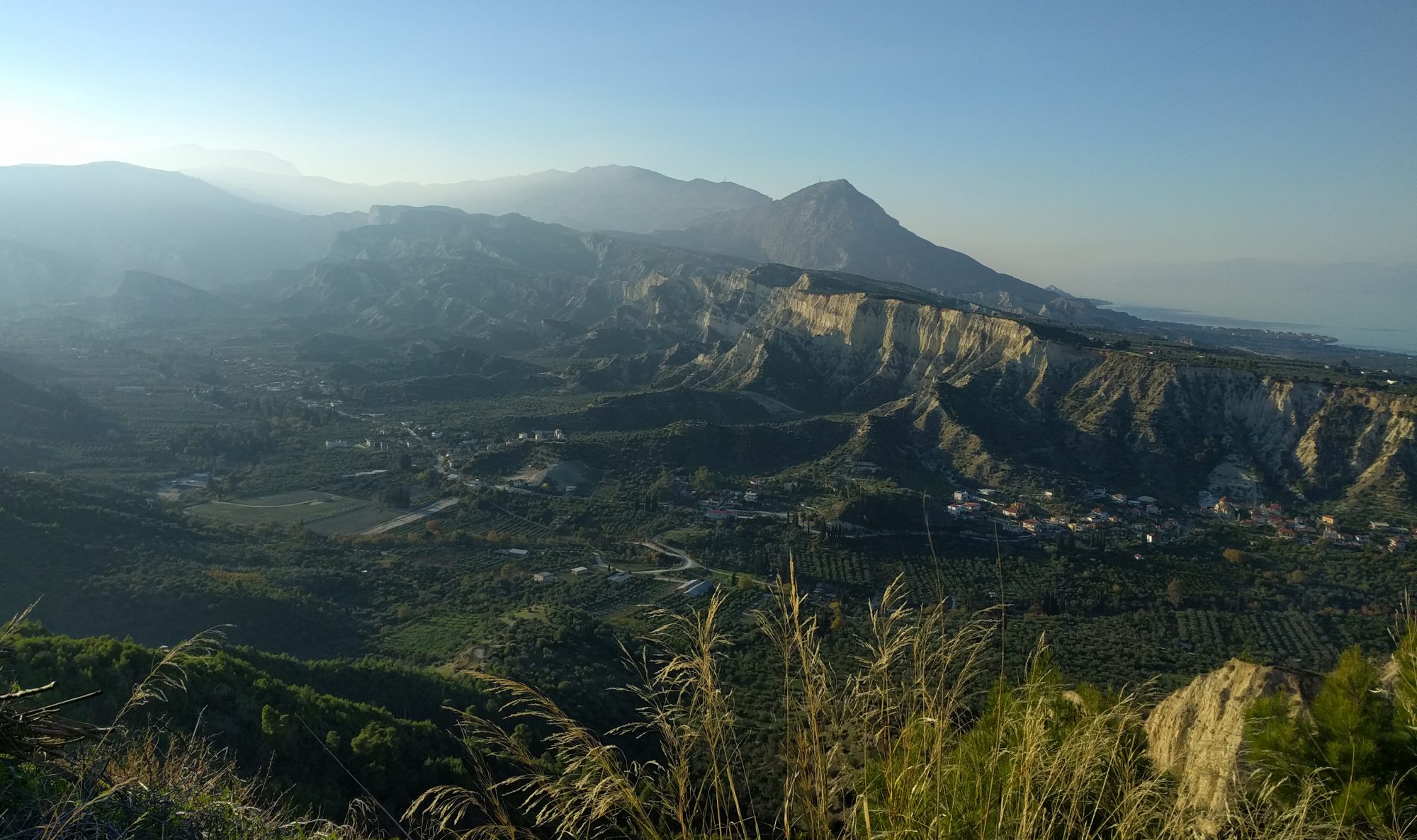In April, I joined the Department of Earth Sciences for a six-month internship on polar oceanography, focussing on nutrient transport in the Arctic Ocean.
As a Master’s student in Oceanography and Applications based jointly at the University of Toulouse and the University of Abomey-Calavi in Benin, I was eager to experience the world of research before applying to do a PhD.
Big Data and Baffin Bay
For my project within Professor Ali Mashayek’s research group, I’ve been investigating a deep pool of nutrients in the ocean around Baffin Bay—situated between Baffin Island in Canada and the west coast of Greenland—in collaboration with Professor Alberto Naveira Garabato at the University of Southampton.
These nutrients should be mixed throughout the water column, yet they’re pooling at depth and staying there, and we want to know why. It’s a puzzling phenomenon. We don’t know how long these nutrients have been trapped, or whether they’re the result of a natural quirk in ocean circulation or possibly a recent change linked to global warming. The process is important to understand, because nutrient levels directly affect phytoplankton productivity and, by extension, the broader Arctic ecosystem.
My work is entirely computational, requiring me to analyse large datasets extracted from an open-source global ocean biogeochemistry model combining biological and physical ocean observations. By pulling out variables and exploring patterns in the circulation and distribution of nutrients over time, I’m hoping to shed some understanding on what causes nutrients to pool in Baffin Bay.
As you can imagine, handling data of this scope and complexity is challenging. I’ve learned a lot from the postdocs and PhD students in my research group who’ve helped me develop code and offered advice on technical aspects of my project.
Having such a supportive research group has made it easy to exchange ideas, ask questions, and learn from others’ experiences. I’ve also enjoyed broadening my knowledge through attending Department seminars on a whole range of topics. One of the most beneficial aspects of my internship has been working alongside PhD students, giving me an idea of what doing a PhD entails.


My Internship Advice
Coming to Cambridge was a little bit intimidating at first, but I quickly felt at home because everyone was so welcoming and approachable.
I have loved living in Cambridge. As a French student, the expat community here has helped make me settle into life in a new country. Finding accommodation was a bit of a challenge, however, mainly because my arrival in April meant most college rooms were already filled, and I had to secure more expensive private housing. If you’re planning a similar internship, I’d recommend starting in September for better access to college rooms. It’s definitely worth having a conversation about funding and personal costs with your supervisor as early as posible before beginning your internship.
I didn’t know anyone at Cambridge before starting my internship, the connection came about when a friend forwarded me an e-mail about potential PhD openings at Cambridge. At the time, I was looking for an internship rather than a PhD, but I decided to reach out and introduce myself to the supervisor anyway. It wasn’t a cold approach in that sense, but I did take a chance and put myself out there, which I’m glad I did. I think that’s the best advice I can give—reach beyond your comfort zone and make new connections.
This internship allowed me to connect with a vibrant scientific community and reinforced my ambition to pursue research into climate and polar systems. I’m grateful to the Department for their warm welcome and support. I hope that my experience inspires other students to explore international research opportunities. There’s a wealth of knowledge to be gained by meeting new researchers and visiting different institutes to see how science happens.
Read more about Prof. Mashayek’s Research Group here.
See our guidance for visiting students here.


